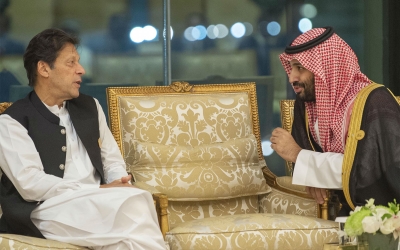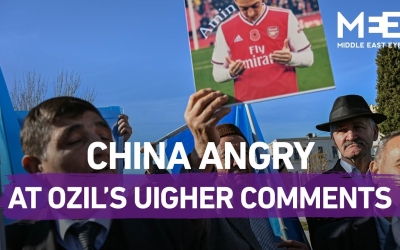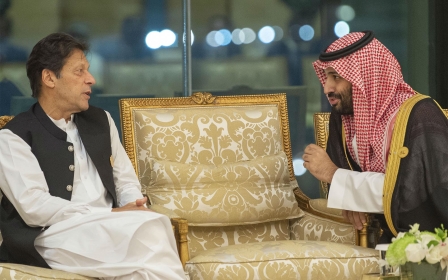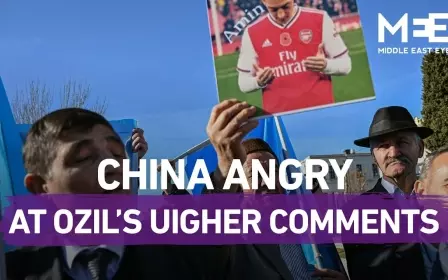Muslim leaders gather in Malaysia for summit shunned by Saudi Arabia
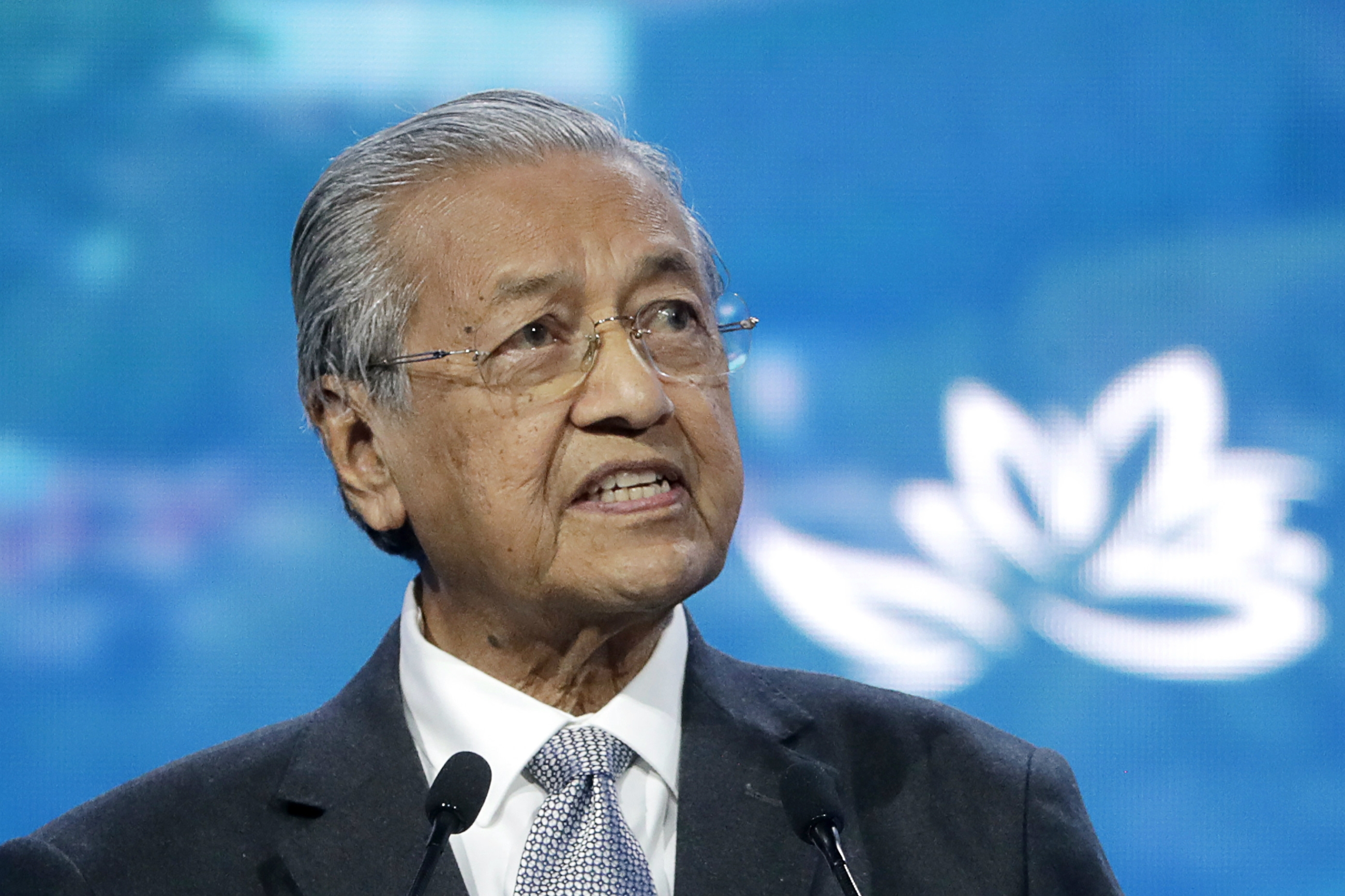
Leaders and senior representatives from some 20 Muslim nations gathered in the Malaysian capital on Wednesday to discuss issues agitating Muslims globally at a summit Saudi Arabia decided to snub, and which Pakistan ducked out of attending.
No agenda for the Kuala Lumpur Summit has been released, but it could address disputes in Kashmir and the Middle East, the conflicts in Syria and Yemen, the plight of Myanmar's Rohingya Muslim minority, mounting outrage over China's camps for Uighur Muslims in Xinjiang and how to counter the spread of Islamophobia in the world.
The summit describes itself as "an international platform for Muslim leaders, intellectuals and scholars from around the world to discuss and exchange ideas about the issues revolving in the Muslim world".
The four-day event, which is being hosted by Mahathir Mohamad, Malaysia's ninety-four-year old prime minister, wraps up on Saturday.
Mahathir, who is the world's oldest premier and will be addressing the summit, is considered to have modernised Malaysia’s education system and made the country a model for economic development in Asia.
But the veteran politician has been accused of antisemitism after he described Jews as “hook-nosed,” claimed that they “rule the world by proxy” and questioned the number of people killed in the Holocaust.
'Protect ourselves against the enemies of Islam'
At a welcome dinner for the guests, Mahathir said the summit would aim to "do something" to improve the lives of Muslims and overcome Islamophobia.
"We need to find a way to address our shortcomings, our dependency on non-Muslims to protect ourselves against the enemies of Islam," said Mahathir.
Pakistan's Prime Minister Imran Khan, who along with Mahathir and Turkish President Recep Tayyip Erdogan had been a prime mover behind the summit, made a belated decision to skip the meeting.
In what will be seen as a deeply humiliating episode, Middle East Eye reported on Tuesday that Khan had taken the decision after being summoned to Riyadh for talks with Saudi Crown Prince Mohammed bin Salman.
Iranian President Hassan Rouhani and Qatar's Emir Sheikh Tamim bin Hamid Al Thani, whose countries have tense relations with Saudi Arabia, are also attending, Reuters news agency reported.
'They are very concerned about it'
Explaining its decision to stay away, Saudi Arabia said the summit was the wrong forum for matters of importance to the world's 1.75bn Muslims, though some analysts suspected the kingdom feared being diplomatically isolated by regional rivals Iran, Qatar and Turkey.
Saudi state news agency SPA reported that on a call with Mahathir on Tuesday, Saudi King Salman reaffirmed that such issues should be discussed through the Organisation of Islamic Cooperation (OIC).
A Saudi source told Reuters that Saudi Arabia was invited but would only attend if the meeting was held under the auspices of the OIC, which is headquartered in Jeddah.
"They are very concerned about it," the source said of the summit, declining to be named as he was not authorised to talk to media.
The Saudi government's centre for international communication did not respond to a request for comment.
The absence of Saudi Arabia, whose king holds the title of Custodian of the Two Holy Mosques in Mecca and Medina, clearly demonstrates some of the current divisions in the Muslim world.
"The issue is that you've got blocs," said James Dorsey, a senior fellow at S Rajaratnam School of International Studies and Middle East Institute in Singapore.
"You've got a Saudi-UAE bloc, Turkey-Qatari bloc, and Pakistan in the middle trying to hedge their bets."
Indonesia, the country with the world's largest Muslim population, will be represented by Vice-President Ma'ruf Amin, a cleric overseeing the country's fight against radicalisation and terrorism.
'New bloc'
Even as delegations were arriving in Kuala Lumpur, Malaysian officials were unable to provide a final list of who would be attending.
Mahathir's office said that invitations had been sent to all 56 OIC member states, but officials said only about 20 were sending delegations, and fewer would be led by heads of state.
Defending the summit, Mahathir's office issued a statement saying there was no intention to create a "new bloc as alluded to by some of its critics".
"In addition, the summit is not a platform to discuss about religion or religious affairs but specifically to address the state of affairs of the Muslim Ummah," it said, using the Arabic term for community.
Speaking to Reuters last week, Mahathir expressed frustration with the OIC's inability to forge a united front and act decisively.
During that interview, the Malaysian leader also raised the possibility that the mistreatment of Muslim Uighurs in China's Xinjiang would be discussed.
Beijing describes the camps where Uighur Muslims are being held as "vocational training centres," while critics say they are mass internment camps.
Middle East Eye propose une couverture et une analyse indépendantes et incomparables du Moyen-Orient, de l’Afrique du Nord et d’autres régions du monde. Pour en savoir plus sur la reprise de ce contenu et les frais qui s’appliquent, veuillez remplir ce formulaire [en anglais]. Pour en savoir plus sur MEE, cliquez ici [en anglais].


